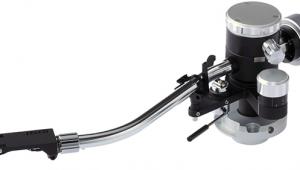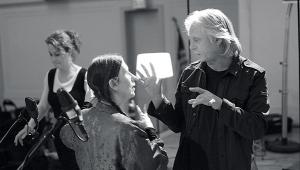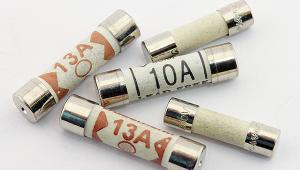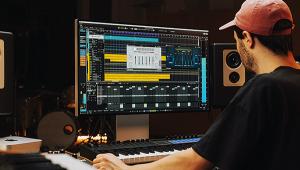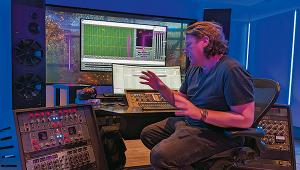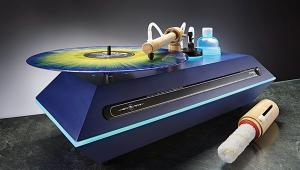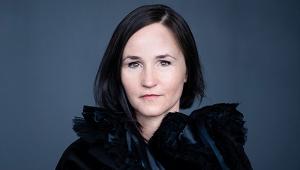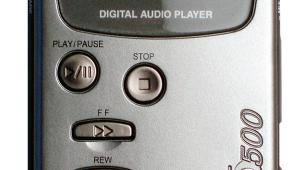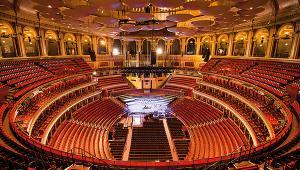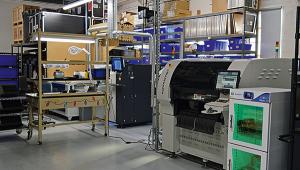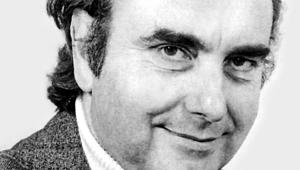Digital to the rescue
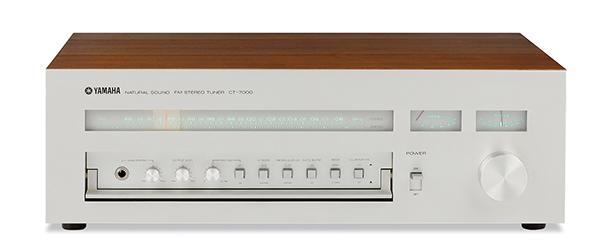
A few decades ago the UK’s FM/VHF radio broadcasts from the BBC were regarded as an excellent source for listening to music. Particularly if your ‘taste’ preferred the kinds of music broadcast on Radio 3, and you were happy to sit down and listen to concerts like The Proms. As a result some superb ‘super tuners’ were developed and bought to provide the best possible results.
Quantity over quality
Sadly, over the decades, audio quality standards on FM radio have tended to decline – albeit Radio 3 can still do pretty well – and there has been a shift to streaming over the Internet. In principle, digital broadcasting could have provided even higher quality than FM/VHF, but alas, the bean counters decided that we should have ‘width’ of choice with low bitrates, rather than high-bitrate, better-quality digital broadcasting.
As a result, the general conclusion in the UK is that ‘DAB/DAB+’ may be fine for chat-based stations, but is a no-go area for superb audio quality. Despite that, an excellent FM tuner used with a suitable antenna can still give fine results. The snag is that no one now seems to make FM tuners that are as good as, say, the old Yamaha CT-7000 ‘super tuner’ [HFN Aug ’75 & Aug ’12], still highly regarded some 50 years later.
You can purchase tuners that receive VHF/FM as well as DAB/DAB+. Yet even here the general conclusion tends to be that these simply aren’t as good as a decades-old super-tuner in ‘as new’ condition, or, indeed, other established designs like Quad’s FM models and old examples from long-gone makers such as Armstrong or Leak.
A consequence of the above is that, for the majority of modern hi-fi enthusiasts, the process of researching, choosing, and using a high-quality tuner and antenna has become a mystery. And a recent letter to this magazine [HFN Nov ’24] prompted me to try to shed some light on this area and to do some ‘debunking’. It also set me thinking about one modern aspect of the topic: why do digital tuners tend to have a bad reputation?
Detect and serve
Okay, it is obvious that, overall, DAB/DAB+ broadcast sound quality in the UK is, let’s say, less than superb. But as an engineer I know that digital technologies have at least the potential to make the basis of an excellent FM/VHF radio tuner if designed and manufactured to match the task. Indeed, for some recent measurements I made on FM stereo broadcasts I used a USB radio ‘dongle’ with a computer to record the RF signal modulation for analysis.
It was while I examined the results that I realised the way this digital receiver worked would make it possible to automatically detect and correct for effects, like ‘multipath’ interference, that otherwise can often distort the sound from a conventional FM/VHF tuner. Certainly, some ‘super tuners’ had the ability to alert the user to the presence of this effect, but the next step is for the hardware to do something about it!
Dead air
Why are there no tuners like this on sale? Has this penny not dropped? Or is the presumption of manufacturers that the sound quality on radio is now so poor, that it simply isn’t worth the bother of having the hardware able to carry out such improvements when receiving FM/VHF? Perhaps they assume ‘FM is dead’.
The more I thought about this the more puzzled I became. An ‘intelligent’ digital tuner could run with high precision and also continuously adapt to optimise performance, eg, alter the effective filtering according to the signal that’s presented to it. Some old analogue designs offered a user-selectable choice of IF (Intermediate Frequency) filters, etc. Digital ones could simply adapt whenever the situation changed and always maximise the output sound quality.
Maybe there are tuners available which do these things and I’m simply not aware of them – let me know. Otherwise, their absence suggests potential makers/designers either haven’t twigged, or that radio, sadly, is no longer considered a high-quality audio medium.
